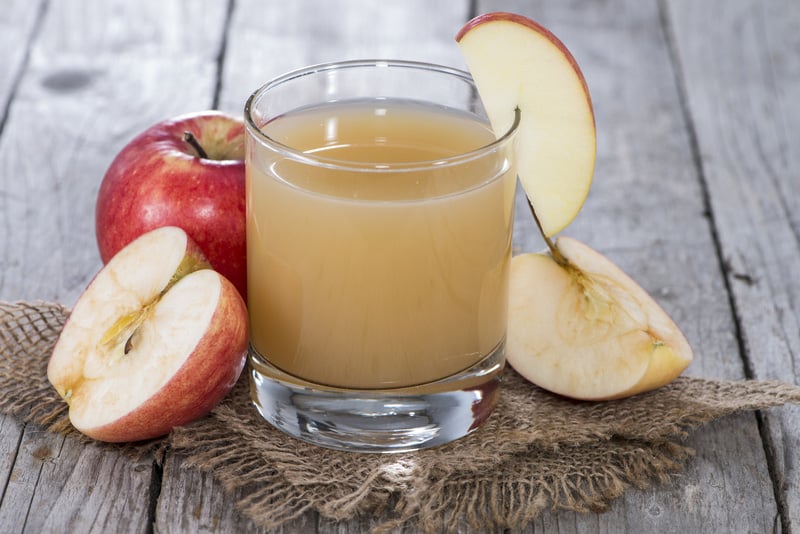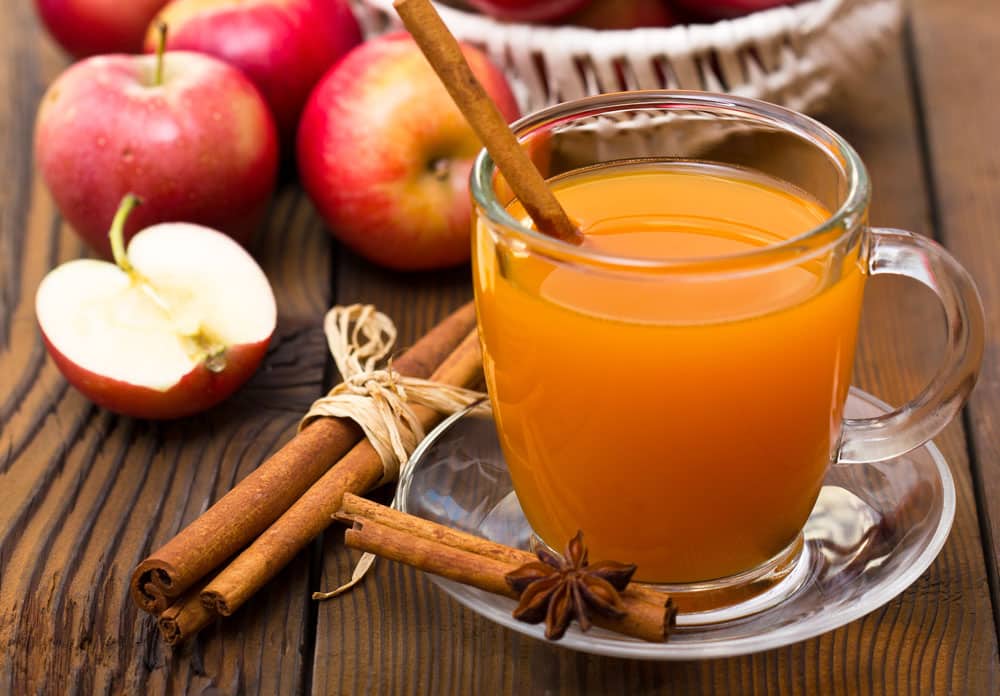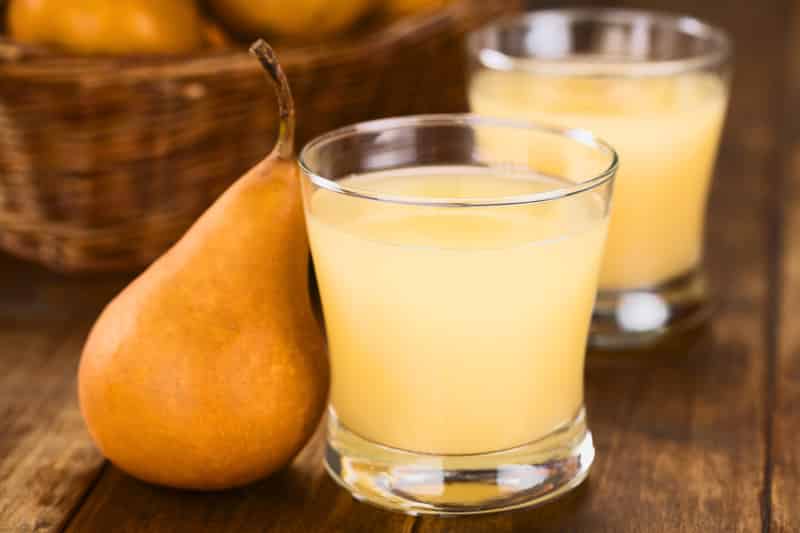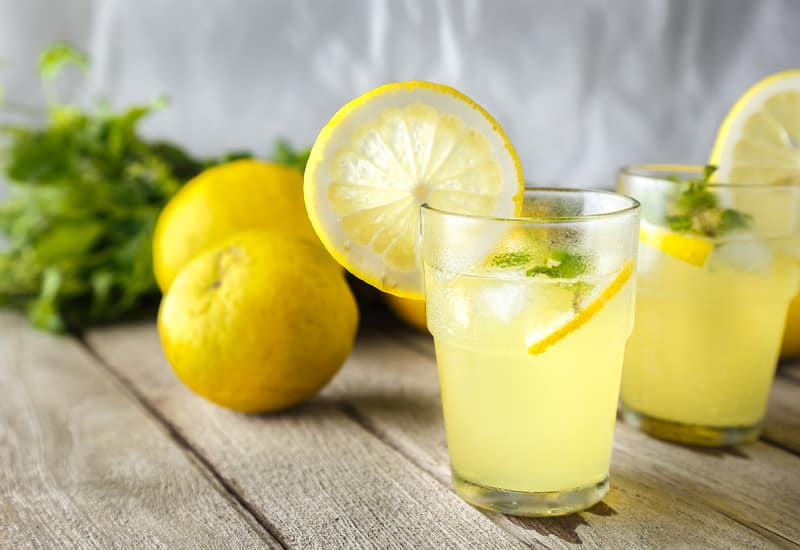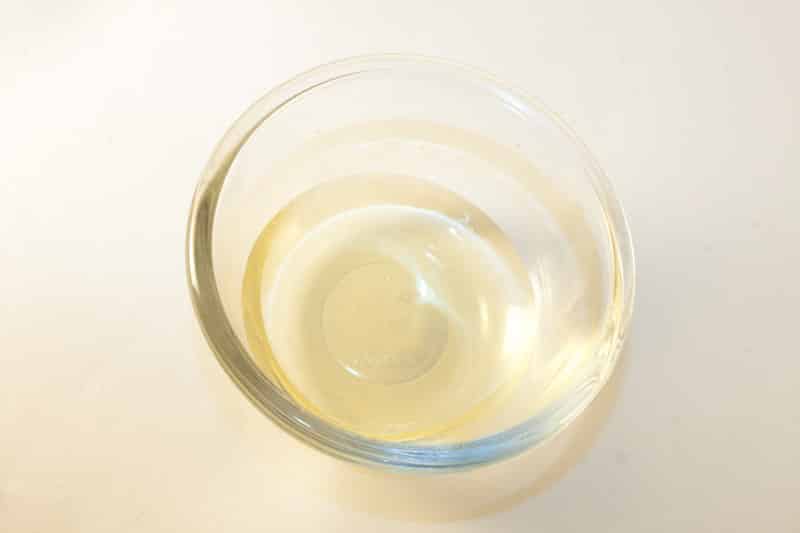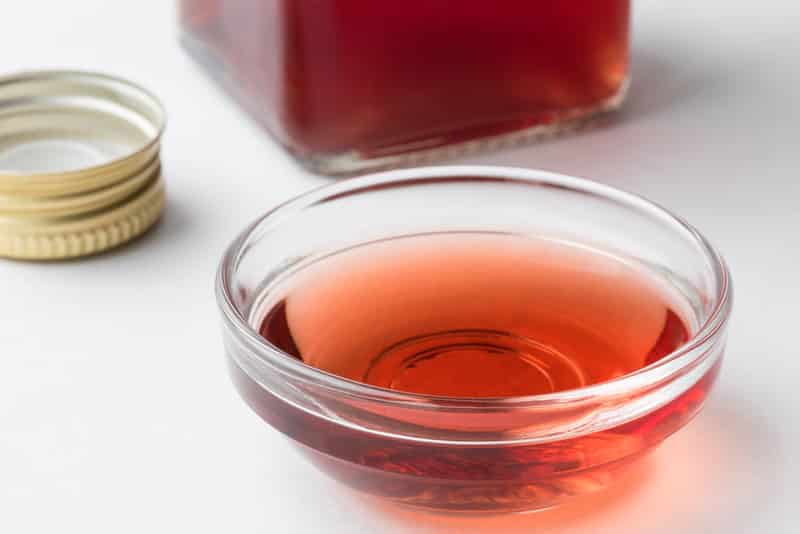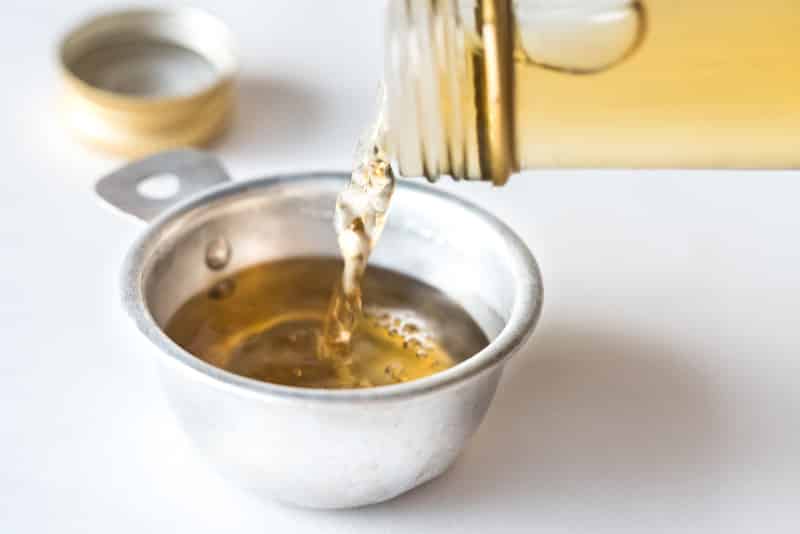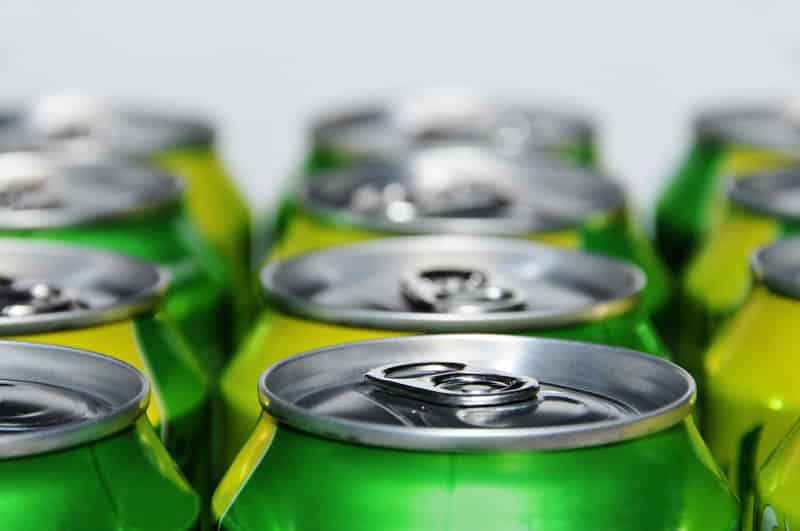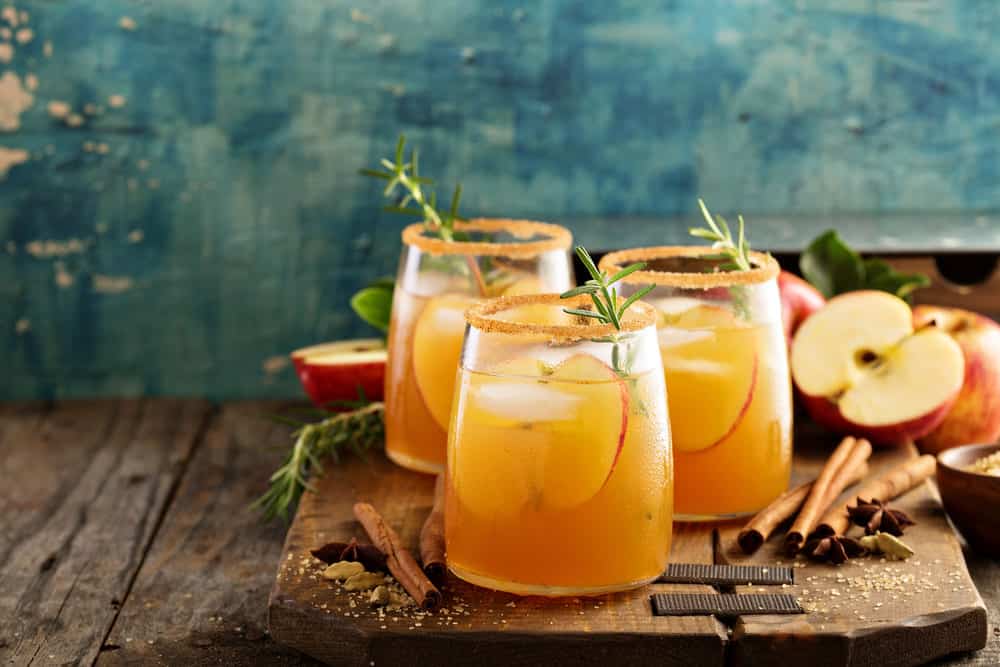
DISCLOSURE: This post may contain affiliate links, meaning when you click the links and make a purchase, I receive a commission. As an Amazon Associate I earn from qualifying purchases.
If you like drinking fresh juice, chances are high that you probably love apple juice as well. Apples are some of the most commonly consumed fruits in the world and are readily available in almost every country. That being said, the flavor and taste of apple juice are perfectly sweet.
Secondly, because apple is such a popular fruit, it can easily go with almost every kind of dish. However, apple juice has more of an acquired taste. Some people might not like drinking apple juice as much because of its overly sweet taste.
Thankfully, you don’t have to; there are quite a few alternatives out there that you can give a shot if apple juice isn’t a preferable option.
Substitutes For Apple Juice
Fresh apple juice is made from apples. In the case of boxed apple juice, some brands add extra sugar content, along with a few preservatives too. On the contrary, completely fresh and natural apple fresh has sweet notes. Apple juice is also available in the unfiltered and filtered form.
In addition, people widely use apple juice for adding natural sweetness while baking a dish, or making a dessert. However, if you don’t want that extra sweetness that apple juice adds to your dish, there are other options available for you.
Here are some of the most popular substitutes for apple juice that you should absolutely give a try.
- Apple Cider
[amazon box=”B005K4Q1W2″]
Whenever you are following a recipe with apple juice, replacing the apple juice with cider is an excellent idea. However, before we explain apple cider, it’s important to know that there’s a slight difference in the taste.
Whereas apple juice is sweet, apple cider carries with it a certain tartness and adds some bitter notes in the mix. This is because apple juice is often filtered, which removes these sharper notes.
So, if you are going to make something sweet, using large amounts of apple cider might not be a preferable idea. Apple cider is made by coring, chopping, and mashing the apples. Then, the chopped or mashed apples are pressed for extracting the liquid.
However, the apple cider available in markets is often pasteurized, but if you want unpasteurized apple cider, you can easily get it at a local farmers’ market. All in all, the apple cider’s pH value will be relatively lower than the pH value of apple juice, hence the higher acidity level.
That’s ultimately what gives apple cider its slightly harsher taste. If you want to add a hint of apple to your dish, you can easily use cider instead of apple juice.
- Pear Juice
[amazon box=”B00JI83LZG”]
Usually, pear juice is consumed fresh when it’s squeezed from pears. It is widely used in jams and jellies. However, this is often combined with berries to make marmalades. In case you are looking for an alternative to apple juice, using pear juice is a great idea.
On the other hand, if you don’t have fresh pears available, dried or canned pears can be used as well. Apart from that, the fermented alternative can be used as well and is more commonly known as perry. Some people might even call it pear cider.
The best thing is that since pear juice and apple juice go through a relatively similar product process, you won’t notice much of a difference in terms of taste (obviously, pears do taste slightly different than apples!).
However, we suggest that you opt for homemade or fresh pear juice because it has a better taste as compared to canned juices. On the other hand, people often think that pear juice and pear nectar is the same thing, but it’s not true.
For instance, pear nectar tends to have a sweeter taste than pear juice, but the consistency will be much thinner. Still, the prime difference between pear juice and pear nectar is the sugar percentage per serving.
For instance, one serving of pear juice will have 29g while pear nectar has 45g. Naturally, it primarily depends on the kind of dish you are going to add to the nectar or juice.
- White Grapes
[amazon box=”B074H5J3LG”]
In particular, we are talking about the juice extracted from white grapes; it is a pretty common substitute for apple juice. This juice is made by crushing and blending the white grapes. The grapes are crushed until they completely change to a liquid form.
Then, they are strained to remove any solids. The white grape juice has a sugary and sweet flavor. It is then fermented and can also be used in wines or for making vinegar. However, it’s fine to use it as an apple juice substitute if it’s not fermented.
The white grape juice has a very crisp and refreshing taste. It’s best to juice the natural grape juice because it won’t have any extra flavors or sugar. More importantly, the natural sweetness of white grape juice will make it a suitable replacement for apple juice.
Again, keep in mind that whereas apple juice has a largely sweet flavor profile, white grapes do have a slightly different taste.
[amazon box=”B076H8ZWHH”]
Yes, we know that lemon juice has a considerably tangy flavor, but it’ll be perfect for substituting apple juice in some dishes. For instance, lemon juice has a lower pH value and has an acidic taste.
In addition, the fruity flavor tones in lemon juice make it perfect for replacing apple juice. On top of everything, the flavor and taste will be a bit sharper. If you want to give the dish a slight tinge or sharpness, then using lemon juice is a great idea.
Similarly, if you want something similar, you can also substitute apple juice with orange juice. The citric acid found in orange juice gives it a very similar, tangy flavor as compared to lemon juice.
[amazon box=”B0895V65S3″]
If you are still looking for a substitute for apple juice, rice wine vinegar is a fine choice. This is because it’s pretty similar to apple cider, which is a fine replacement for apple juice itself. Rice wine vinegar has a fruity flavor and will deliver a slightly acidic taste like apple juice.
In the majority of cases, rice wine vinegar makes it a good substitute for apple juice in salads. On the other hand, if you don’t find rice wine vinegar fruity enough, you can add a teaspoon of lemon juice to give it a slightly tangy flavor.
- Red Wine Vinegar
[amazon box=”B00H1CJG00″]
To begin with, red wine vinegar has a strong smell, and well, the taste is also considerably harsh. In case you want to use red wine vinegar as a substitute for apple juice, it’s important that you use it in lesser quantities.
However, you can always add more if it doesn’t provide you with enough flavor. Before you add red wine vinegar in place of apple juice, you need to understand that the red color from the vinegar will change the color of your dish as well.
- White Wine Vinegar
[amazon box=”B06XYVGZTW”]
White wine vinegar is our favorite substitute for apple juice because it’s readily available. To begin with, it’s suggested that you use a slight amount of white wine vinegar because it is definitely not as sweet as conventional apple juice.
The flavor is pretty sharp, which means that you shouldn’t use it if you want to keep a dish overly sweet. However, if you don’t want the dish to be overly sweet, then this seems like a viable option.
We are pretty sure that you’d have white wine lying around. Because of its fruity tones, white wine makes for a pretty suitable substitute for apple juice. However, do add it in sparingly, because the taste is generally stronger.
More importantly, it might be a wise idea to check on your guests to make sure that they are comfortable with consuming wine in their dish. For instance, if you are making a dish using white wine, you will obviously not want to serve it to your kids!
- Soda
[amazon box=”B00ZK6HLOM”]
This might come as a surprise to a few people, but soda is another popular alternative to apple juice. Soda can be used in similar quantities to apple juice in a dish, and if you really want something similar, you should go with soda that has citric flavor.
This will give you a closer citric taste apple juice generally has. You can also add it to smoothies if you want!
These are some of the most popular alternatives to apple juice that you will find. Many of these are readily available at local stores, so if you can’t find apple juice, you can easily use any of these.
